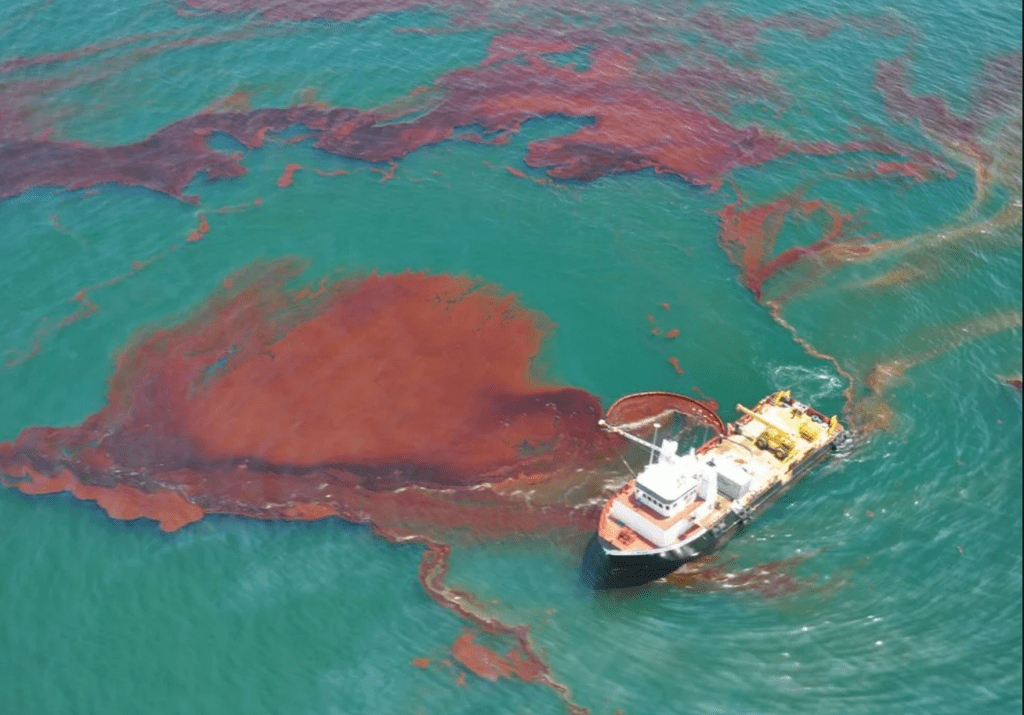Human Impacts On The Water Cycle

Irrigation
What is Irrigation?
Irrigation is where crops are watered through pipes, sprinklers etc., or other man-made items, rather than using natural precipitation. In areas that are quite dry, irrigation is beneficial as it improves the rate of crop quality and growth. This enables farmers to grow crops consistently. Irrigation systems include reservoirs, tanks and wells. Crops are watered through numerous methods. Several of these include sprinklers, flooding the field, directing water between plantations and letting water drip from pipes.
How does Irrigation affect the Water Cycle?
Many studies have been conducted, and the conclusion is that irrigation causes drought. Pumping surface water for irrigation decreases the surface water, but increases the groundwater. However, pumping from groundwater has the opposite effect. This means that using irrigation gives a higher chance of drought. The reason for this is because adding extra water affects the natural rainfall and increases transpiration. The water from plants usually evaporates instead of runoff, which impacts the atmosphere. This increases the amount of water being evaporated, and leads to a drought.
What can we do to reduce the impact of Irrigation?
We can reduce the impact of irrigation through several methods. One of them is to decrease the amount of water used for the irrigation, and to only use it for parts which require a large amount of water. Another method is to turn off sprinklers and irrigation when its raining, so that water isn’t being wasted. Another way is to rely on natural precipitation instead of using irrigation.

Oil Spills
What are Oil Spills?
Oil spills are a leakage of oil into marine life. Oil spills are significant environmental problems, which are usually from ships. There are lots of environmental problems relating to oil spills. Polluted water can result in harm for numerous aquatic life, as it blocks sunlight and reduces oxygen levels. It can also ruin the waterproofing of feathers and fur, resulting in hypothermia. Consumed oil can be toxic to animals as well. Plants also can be affected by this matter.
How do Oil Spills affect the Water Cycle?
When oil is spilled, it doesn’t dissolve, resulting in a thick sludge. This prevents water from evaporating, which means that there won’t be any precipitation. If these is no rain, this will stop plants from growing, resulting in starvation. This could also result in drought, and mean that living things may become dehydrated.
What can we do to reduce the impact of Oil Spills?
We can prevent this by becoming more environmentally-friendly towards the environment, and use less crude oil. We can change to renewable energies, such as solar, wind and hydropower. We can also make sure that we don’t overfill fuel tanks or convert electric vehicles. This way, there would be a lower chance of oil spills in our everyday life.
Grey Water Recycling
What is Grey Water Recycling?
Greywater recycling is where wastewater from plumbing systems (except toilets) is reused for gardens. However, when this water is left untreated, it is unsafe to use. DO NOT use greywater for anything you plan to consume. Treated greywater doesn’t have such large health risks. Based on the level of treatment, it can be used for garden watering, laundry or similar, but sometimes it can be expensive to construct and operate. Untreated greywater can be used for gardens, but not for any other use. Greywater contaminants include food materials, salts, household chemicals or bacteria.